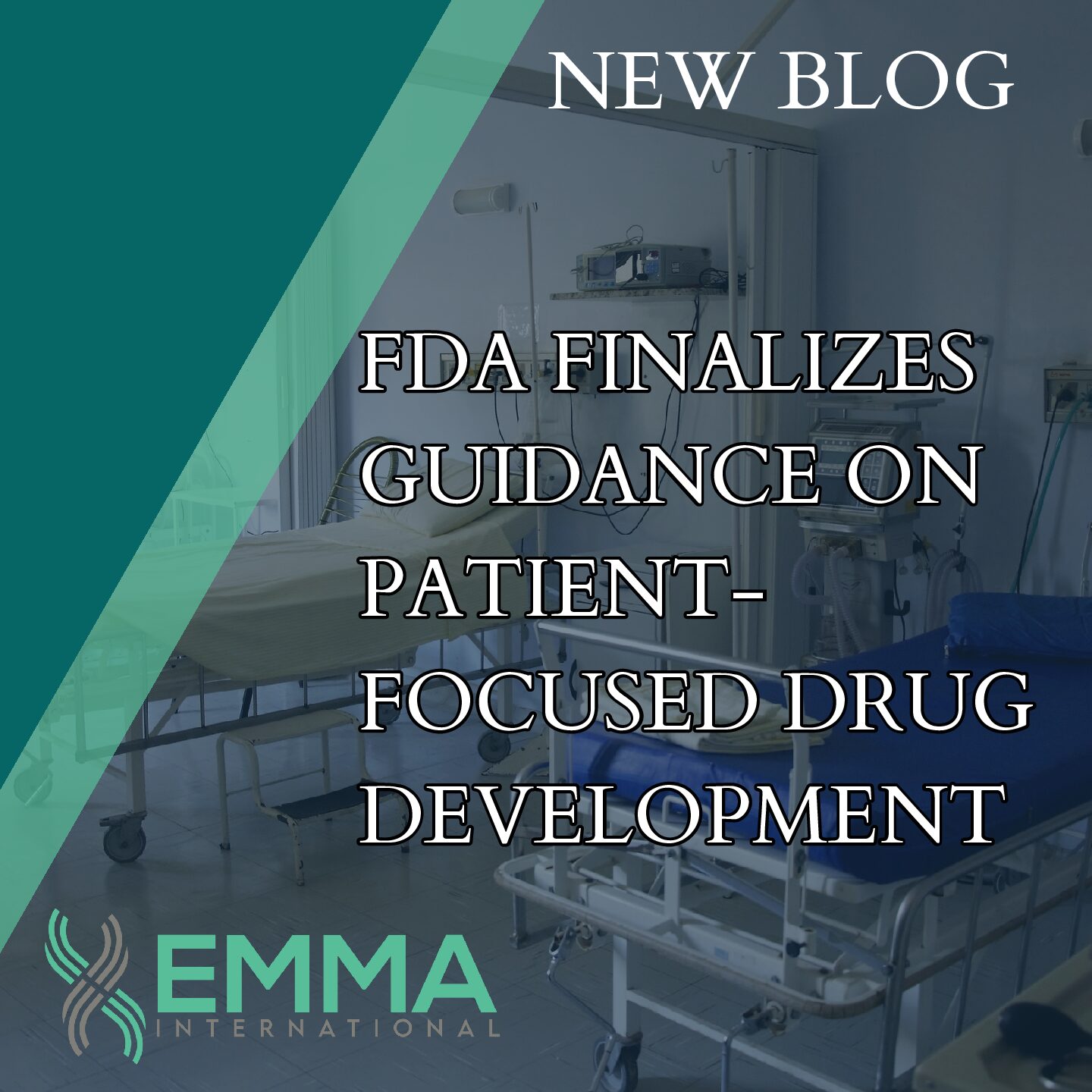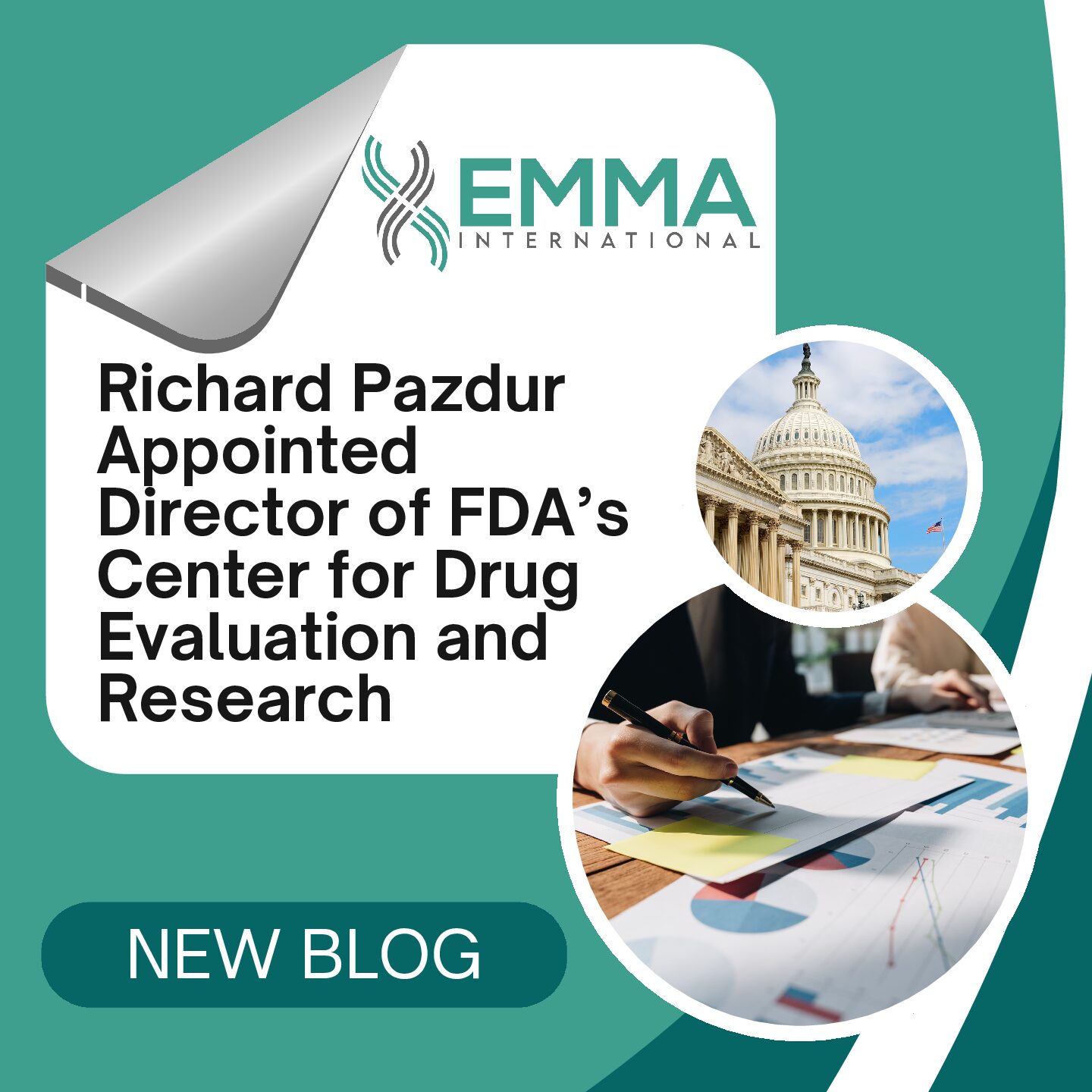In industries such as life sciences, manufacturing, and healthcare, maintaining high standards for quality and compliance is crucial for safety, efficacy, and customer satisfaction. A key process that helps achieve these standards is the Corrective and Preventive Action (CAPA) methodology. CAPA is a structured approach to identifying, analyzing, and addressing non-conformities or issues that could impact product quality or regulatory compliance. This blog explores the CAPA methodology, its significance, and the best practices for effective implementation.
Corrective and Preventive Action (CAPA) is a quality management process designed to improve products, processes, and system effectiveness by addressing the root causes of non-conformities and implementing measures to prevent recurrence. The methodology is composed of two main elements:
Corrective Action: This involves actions taken to eliminate the root causes of existing issues, such as defects or process deviations, to prevent their recurrence.
Preventive Action: This focuses on identifying and addressing potential risks or vulnerabilities in processes to prevent non-conformities before they occur.
The CAPA process is systematic and follows a series of structured steps to ensure comprehensive problem-solving:
- Problem Identification: The first step is to clearly define the issue or potential issue, whether it arises from a deviation, customer complaint, audit finding, or another sign that a process is underperforming.
- Evaluation and Risk Assessment: After identifying the problem, it is necessary to evaluate its impact on product quality, patient safety, or regulatory compliance. This assessment helps determine the urgency of action required.
- Root Cause Analysis: Conducting a root cause analysis is crucial to ensure that corrective or preventive actions effectively address the underlying issue. Common techniques include Fishbone diagrams, the 5 Whys, and Failure Mode and Effects Analysis (FMEA).
- Action Plan Development: Based on the root cause analysis, an action plan is created to address the issue. The plan should include specific steps for corrective and/or preventive actions, responsibilities, and timelines.
- Implementation of Actions: The developed action plan is then executed, which may involve process changes, procedure updates, staff retraining, or equipment modifications.
- Verification of Effectiveness: Once actions are implemented, their effectiveness must be verified. This involves monitoring to ensure that the corrective or preventive measures solve the problem without causing new issues.
- Documentation and Reporting: Keeping detailed records of the entire CAPA process is essential for regulatory compliance and continuous improvement, serving as a historical record of actions taken and their results.
CAPA methodology is vital for maintaining compliance with regulatory requirements, such as the FDA’s 21 CFR Part 820 for medical devices and ISO 13485 standards for quality management systems. It helps improve product quality by addressing the root causes of problems, thus ensuring greater reliability and safety. Moreover, it enables companies to stay compliant with regulatory standards, helping avoid fines, warning letters, or product recalls. By identifying potential risks early, CAPA also mitigates the chances of costly errors. Furthermore, it fosters a culture of continuous improvement within organizations, supporting long-term growth and quality enhancement.
For effective CAPA implementation, it is essential to adopt certain practices. Engaging a cross-functional team helps ensure a thorough understanding of the problem, while using data-driven methods, such as trend analysis and monitoring, facilitates early identification of issues. Detailed documentation is critical for audits and compliance, providing a clear history of the CAPA process. Focusing on addressing the root cause, rather than merely treating symptoms, prevents recurrence. Lastly, regular reassessment and monitoring ensure that corrective and preventive actions remain effective over time.
EMMA International specializes in quality and compliance services, offering CAPA management support tailored to your needs. Our expertise in quality management systems enables us to guide organizations through every stage of the CAPA process, from root cause analysis and action plan development to implementation and ongoing monitoring. We help ensure compliance with regulatory standards while driving continuous improvement and operational excellence. Are you ready to learn more? Call us at 248-987-4497 or email info@emmainternational.com to get in touch with our team today.





